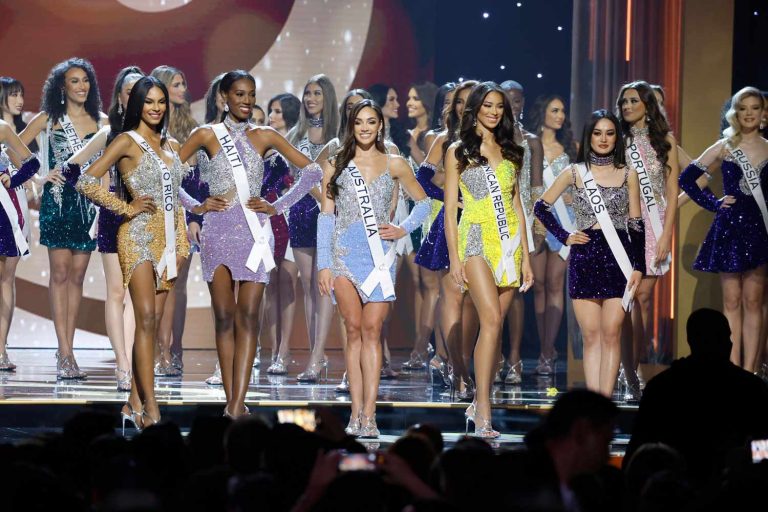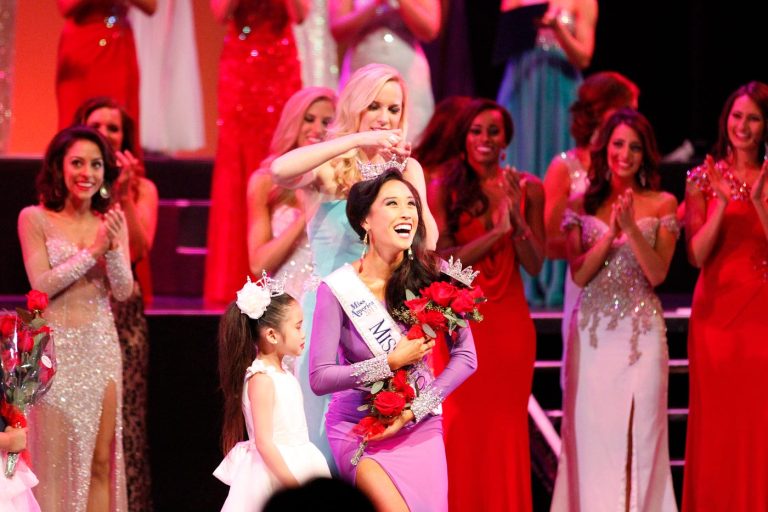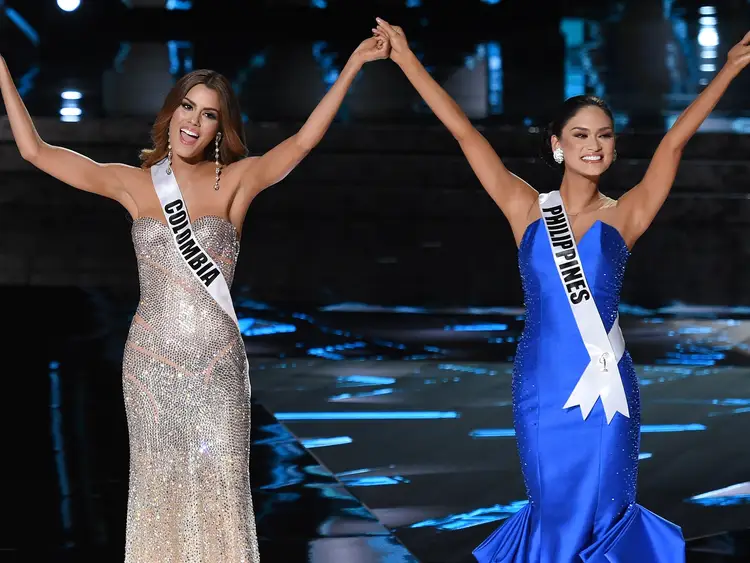Are Pageants Rigged?
The integrity of beauty pageants has often been questioned, sparking debates about the fairness and transparency of these competitions. Allegations of pageants being rigged have circulated, involving accusations of biased judging, favoritism, and even pre-selection of winners. In this post, we will see the controversy surrounding the rigging of pageants, examining evidence and opinions from various stakeholders including participants, organizers, and audience members.

Are Pageants Rigged?
Whether pageants are rigged is a complex question. There’s no simple yes or no answer. Here’s a breakdown of the factors to consider:
Arguments for Rigging:
- Favoritism: Allegations of judges favoring certain contestants based on background, connections, or sponsorships occasionally arise.
- Entry Fees and Expenses: The high cost of entry fees, training, and wardrobe can create an advantage for wealthier contestants.
- Perceived Inconsistency: Sometimes, winners might not seem to perfectly match the stated judging criteria, leading to suspicions of behind-the-scenes influences.

Arguments Against Rigging:
- Strict Judging Criteria: Most pageants have established judging criteria that include aspects like interview skills, stage presence, talent, and evening gown presentation. Judges are typically qualified professionals.
- Multiple Judges: Panels usually consist of several judges to minimize the possibility of a single person’s bias swaying the outcome.
- Transparency Efforts: Some pageants have become more transparent in recent years, showcasing the judging process and highlighting the qualifications of judges and contestants.
The Reality:
- Difficult to Prove: There’s often a lack of concrete evidence to prove widespread rigging.
- Varying Levels of Scrutiny: The level of scrutiny regarding fairness can vary depending on the pageant’s reputation and history.
- Importance of Presentation: Even if the playing field is theoretically level, presentation skills, preparation, and confidence can significantly impact a contestant’s success.
While there might be occasional cases of favoritism or suspicion, widespread rigging in pageants is difficult to verify. Focusing on the positive aspects of scholarship opportunities, personal growth, and celebrating achievements can be a more constructive approach.
Transparency in Pageant Judging
Transparency in pageant judging is crucial to maintaining the integrity and credibility of beauty contests. It involves clear, open, and accountable processes that ensure fair competition and impartiality. Here are several aspects that contribute to transparency in pageant judging:
1. Clear Judging Criteria
Transparency begins with having clear, well-defined criteria that are publicly available and understood by contestants and the audience. These criteria can include categories such as talent, evening wear, interview skills, and community service. Clear criteria help reduce ambiguity and ensure that both judges and participants know what is expected.
2. Diverse and Independent Judges
The panel of judges should be diverse in terms of backgrounds and expertise to minimize bias. Judges should not have any prior relationships with contestants that could influence their impartiality. Ensuring that judges are independent from one another and from the organizers can also prevent undue influence.

3. Audited Scoring System
Using an audited scoring system where scores are tracked and can be reviewed if necessary helps in maintaining fairness. Some pageants have introduced systems where the scoring by each judge is available for audit to prevent manipulation of the final results.
4. Training for Judges
Judges should undergo training to understand their roles and the ethical standards required of them. This training can cover how to apply the judging criteria consistently and fairly across all contestants.
5. Feedback Mechanisms
Providing contestants with feedback on their performance can aid transparency. This not only helps contestants understand their scores but also ensures that the scoring process is open and justified.
6. Public Disclosure
Some pageants have moved towards making parts of the competition, particularly the scoring and results, transparent by disclosing them live or through media. This public disclosure helps build trust and reduces suspicions of unfair practices.
7. Regulatory Oversight
In some regions, pageants fall under regulatory oversight to ensure they adhere to certain standards of operation and ethics. This external oversight can help ensure that the pageants are conducted in a fair manner.
Frequently Asked Questions
1. What is the controversy with beauty pageants?
Beauty pageants often face criticism for a perceived lack of transparency in their judging processes. Notable controversies include the Miss USA pageant scandal involving former president Crystle Stewart, wherein allegations of rigging were raised.
2. How can transparency be ensured in beauty pageants?
Transparency in beauty pageants can be promoted through the use of tools like Scoresheet and Pageant Planet, which facilitate impartial judgment. Shining a light on every phase of the scoring process also helps uphold trust and integrity.
3. What is the impact of pageant rigging controversies on public perception?
Controversies around pageant rigging tarnish the image of beauty pageants, lowering trust levels. This can impact not just the organization but also the deserving contestants who participate in these events.
4. What’s the relevance of fair competition in beauty pageants?
Fair play maintains the integrity of beauty pageants. It ensures deserving candidates get their due recognition, encourages healthy competition, and reinforces the true purpose of these events – celebrating diversity, talent, confidence, and individuality.
5. How are recent incidents affecting beauty pageants on a global platform?
Recent incidents, such as the Miss USA scandal, highlight the urgent need for robust reforms in global pageantry. These controversies underscore the importance of instilling fairness, excellence, and trust, preserving the aspirations of contestants worldwide.

I’m Ellis Philip, a writer who loves fashion. I often write for beauty magazines, sharing my thoughts on how fashion can make women feel powerful. Traveling is my passion, as it lets me discover new beauty products and trends. I enjoy bringing these finds into my writing, hoping to inspire others.






